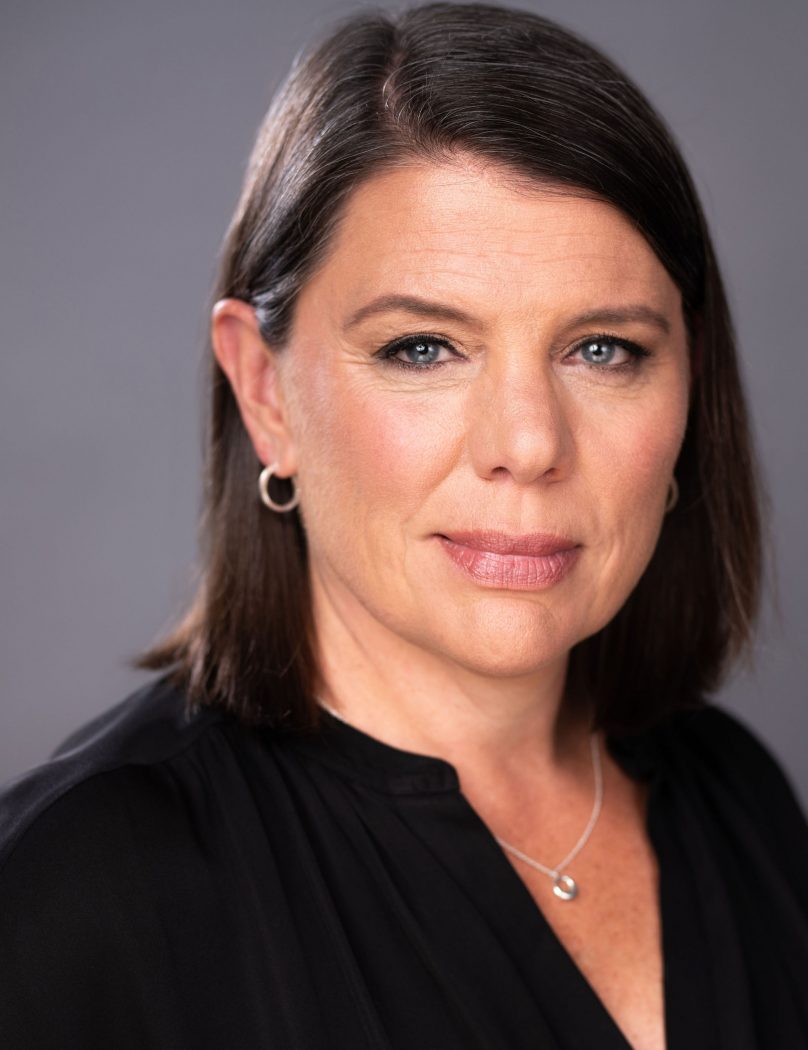The DART/MIWSFPA 2020-21 BIPOC Speaker Series presents:
Consciousness in Colour: Intercultural Scene Study for Contemporary Classrooms With Tanisha Taitt
Tuesday, Jan. 12, 2021
7 to 8:30 p.m.
Via Zoom
To register and receive Zoom details, please RSVP via ExperienceBU: experiencebu.brocku.ca/event/172561
Tanisha Taitt is Artistic Director of Cahoots Theatre and a director/actor/playwright, musical artist, accidental essayist, and audiobook director with Penguin Random House Canada. In this talk she will focus on her work as a theatre and anti-racism educator.
Supported by the Centre for Pedagogical Innovation at Brock University in partnership with Niagara Community Foundations.
2020-21 BIPOC Speaker Series
Conversations in which Black, Indigenous, and people of colour theatre leaders address issues of interest to the theatre community, and beyond. For more information and upcoming speaker announcements, please visit the BIPOC Speaker Series webpage.













